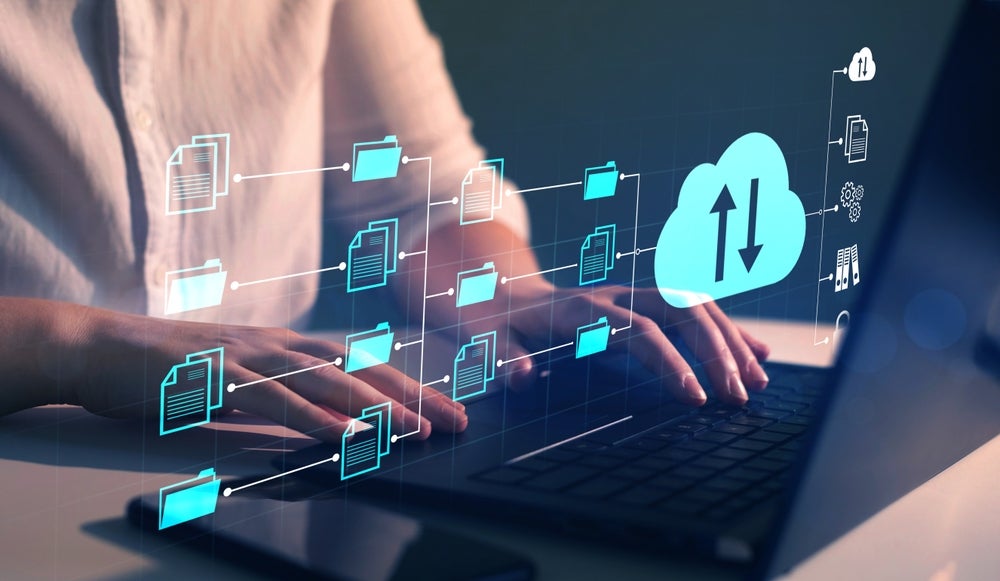Among GlobalData’s 2025 cloud predictions are the promise of new agentic upskilling opportunities, greater limitations on generative AI (genAI) use among developers, and a boost from OSS technology in Kubernetes deployments.
Global enterprises will implement varied approaches to leveraging cloud services based on new trends and innovations, which have unfolded over 2024. The cloud continues to demonstrate its value chain around scalability and efficiency.
It’s also become evident that a cloud-based IT portfolio brings organisations the greatest promise for providing the type of centralised interface for development and automation platform services, which companies are seeking. This centralised management interface is more vital than ever for new challenges, which will spring up in the coming year.
Challenges include the provisioning of genAI tools, security, and management tools as well as significantly improving collaboration between development teams, which are typically conducted in inefficient silos.
Following are a few key cloud predictions for 2025:
Developers will face limitations on genAI usage
“There’s growing evidence that enterprises will significantly limit developers’ use of genAI in application creation and reformatting in 2025, until the industry better establishes how private data is being used among hyperscalers,” says Charlotte Dunlap, Research Director for GlobalData.

US Tariffs are shifting - will you react or anticipate?
Don’t let policy changes catch you off guard. Stay proactive with real-time data and expert analysis.
By GlobalData“As developer teams have come to rely increasingly on the use of prompt engineering to design, test, and fine tune application coding, company heads are growing increasingly uneasy about the potential loss of proprietary company data.” Despite vague reassurances from large language model (LLM) providers, organisations are concerned about the release of valuable data into unknown public domains. GlobalData is already seeing a growing trend whereby corporate legal departments are beginning to issue new policies limiting the use of genAI following concerns of data leakage.
Agentic AI represents the largest cloud upskilling opportunity
“In 2025, AI agent tools will become the leading upskilling and reskilling opportunity for IT workers globally in the face of an ongoing global IT skills gap,” Dunlap predicts.
GlobalData anticipates an entirely new wave of interest among DevOps personas and high-tech workers looking to master advanced AI technology. This interest comes on the heels of a slew of new agentic features released by leading cloud platform providers targeting enterprise developers. AI agents are most likely to serve as a starting point for enterprises looking to implement genAI into the app modernisation process, thereby reducing tedious and time-consuming tasks.
GenAI OSS technology will advance Kubernetes deployments
Open-source software will continue to play a significant role in 2025, helping DevOps teams better navigate complex digital transformation solutions, particularly those associated with genAI.
GlobalData recommends that enterprises monitor those projects receiving significant industry backing to help determine which technologies indicate the greatest promise over the coming year. These include various projects associated with key open standards bodies such as Cloud Native Computing Foundation (CNCF) growing in importance, including K8sGPT technology, which helps enterprises simplify complexities associated with Kubernetes cluster deployments and management.
It uses compatible application programming interfaces (APIs) such as OpenAI API to analyse the status of container clusters to improve security and diagnostics/resolution. Another interesting project (complementary to K8sGPT) is LocalAI, which can run LLMs on users’ local hardware versus using cloud APIs. So, using the two technologies together allows enterprises to analyse Kubernetes cluster states locally. This addresses organisations’ growing concerns over exposing data to external sources, making these OSS efforts important to watch.









